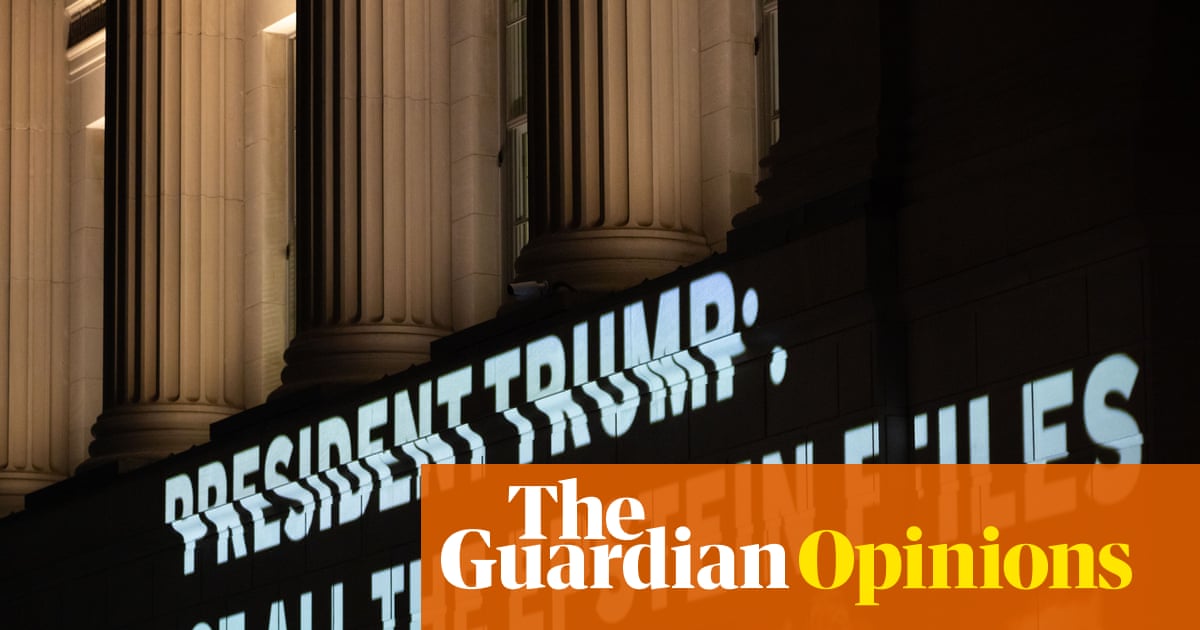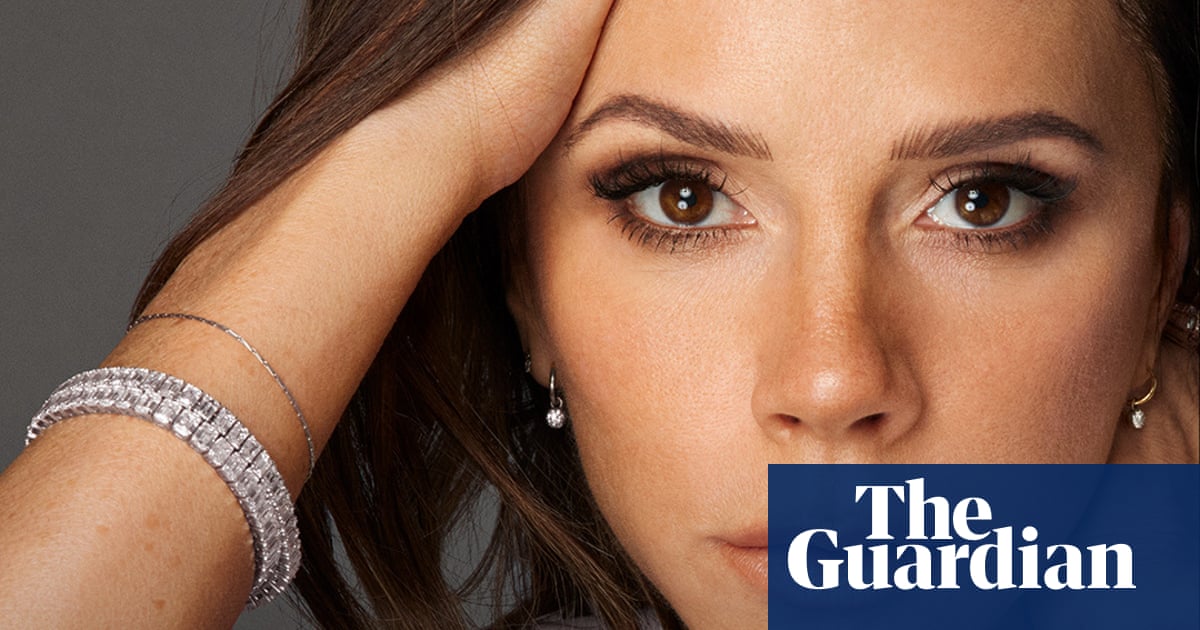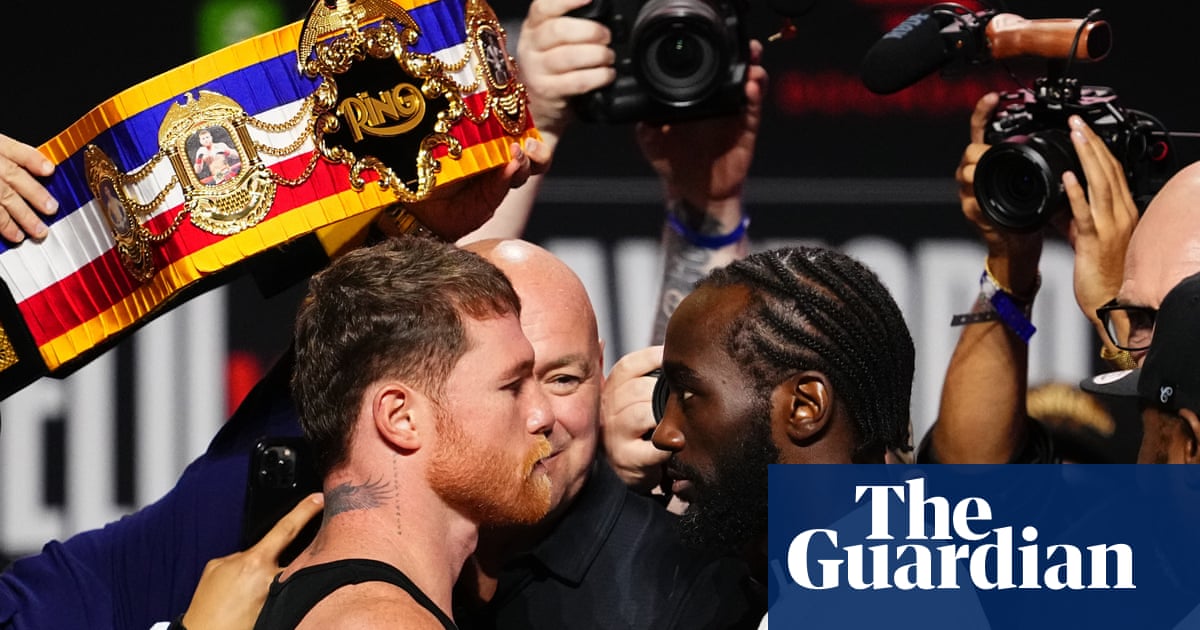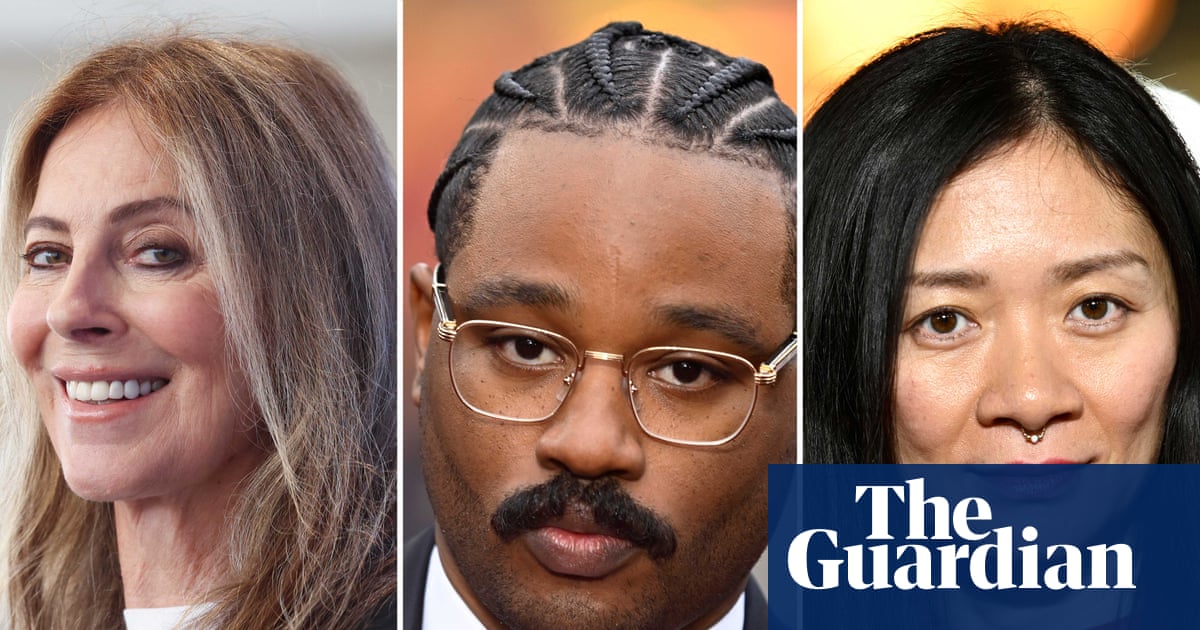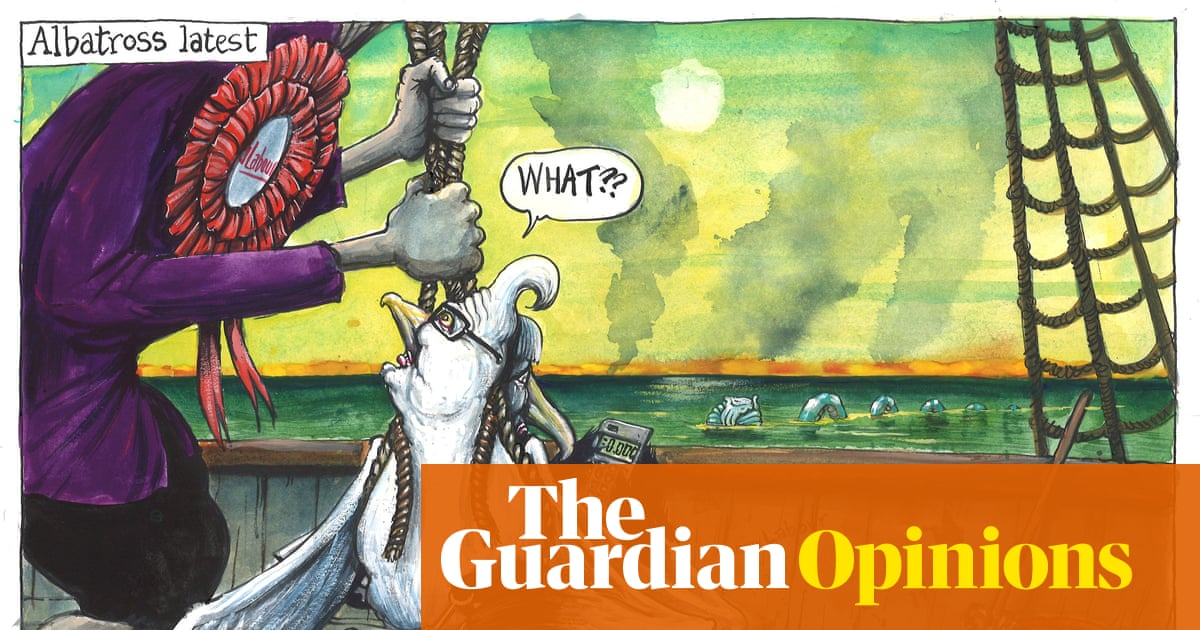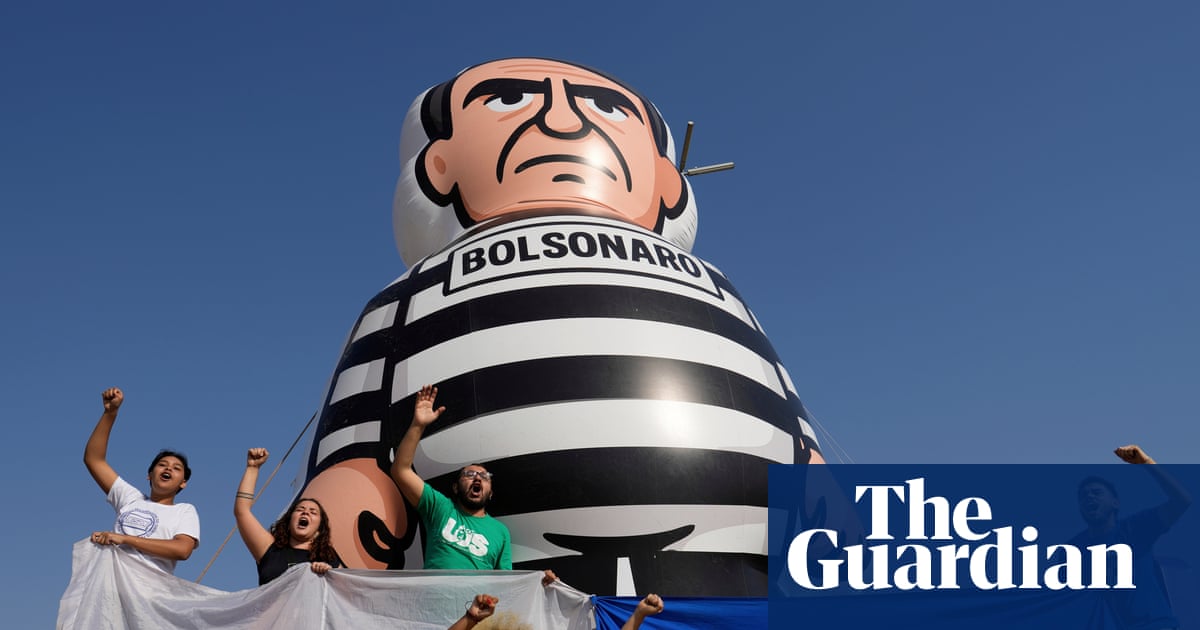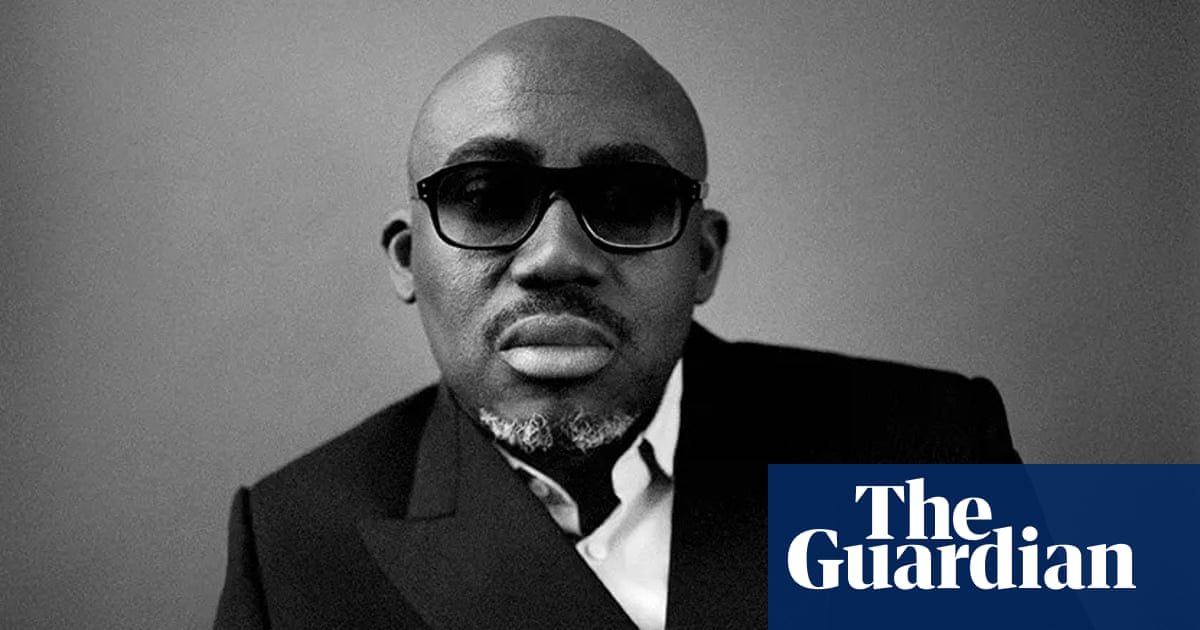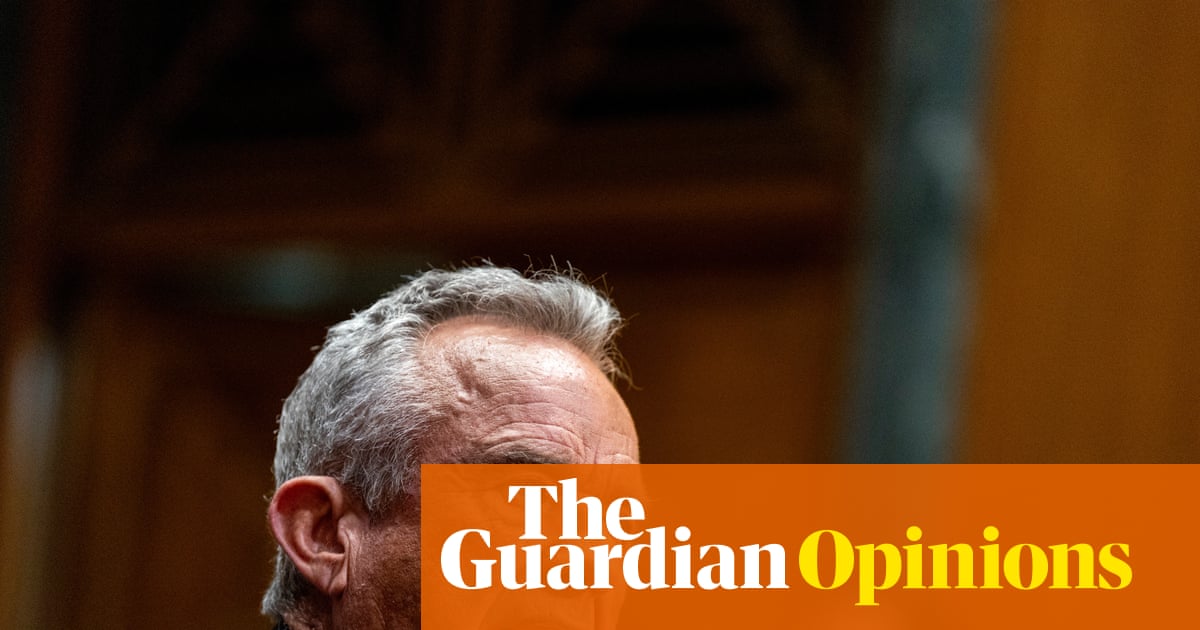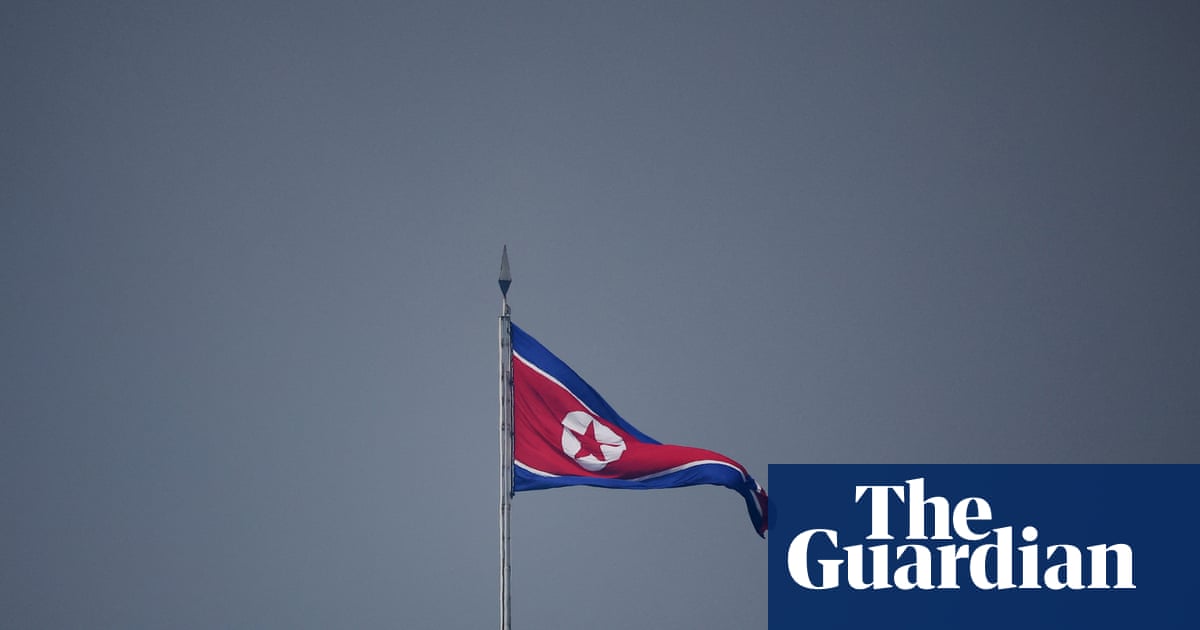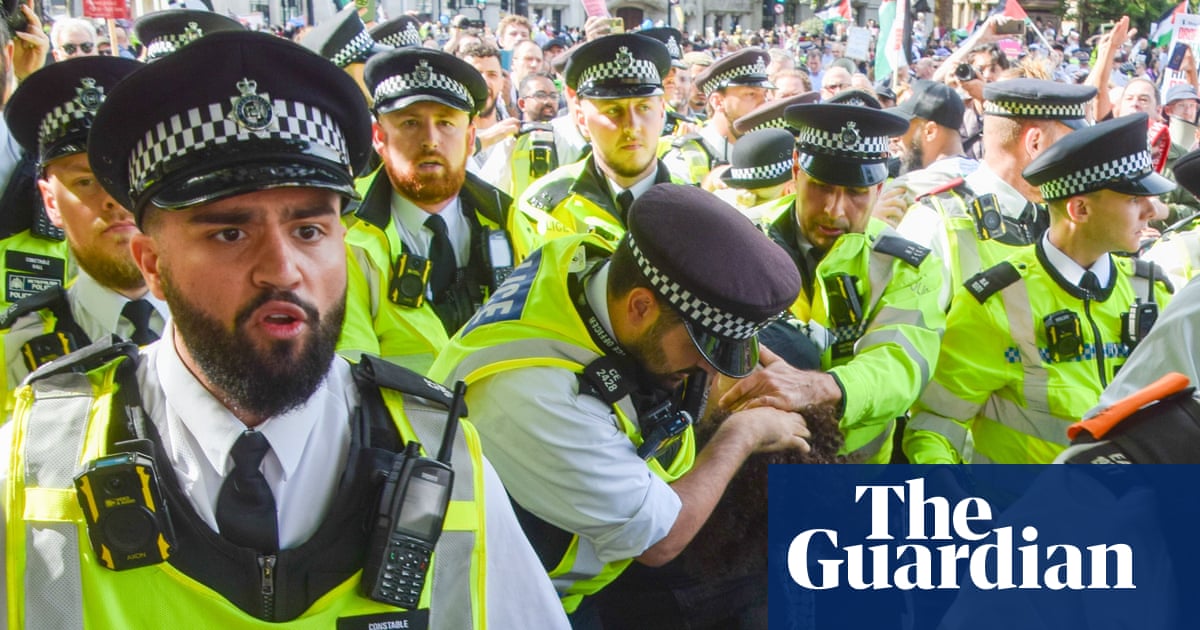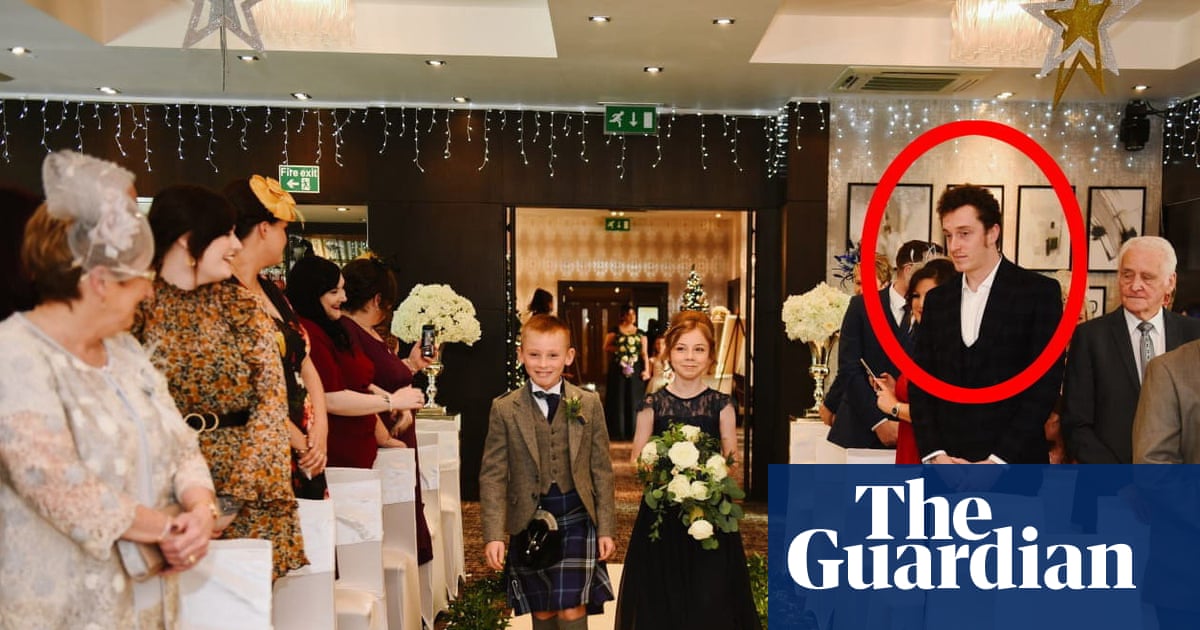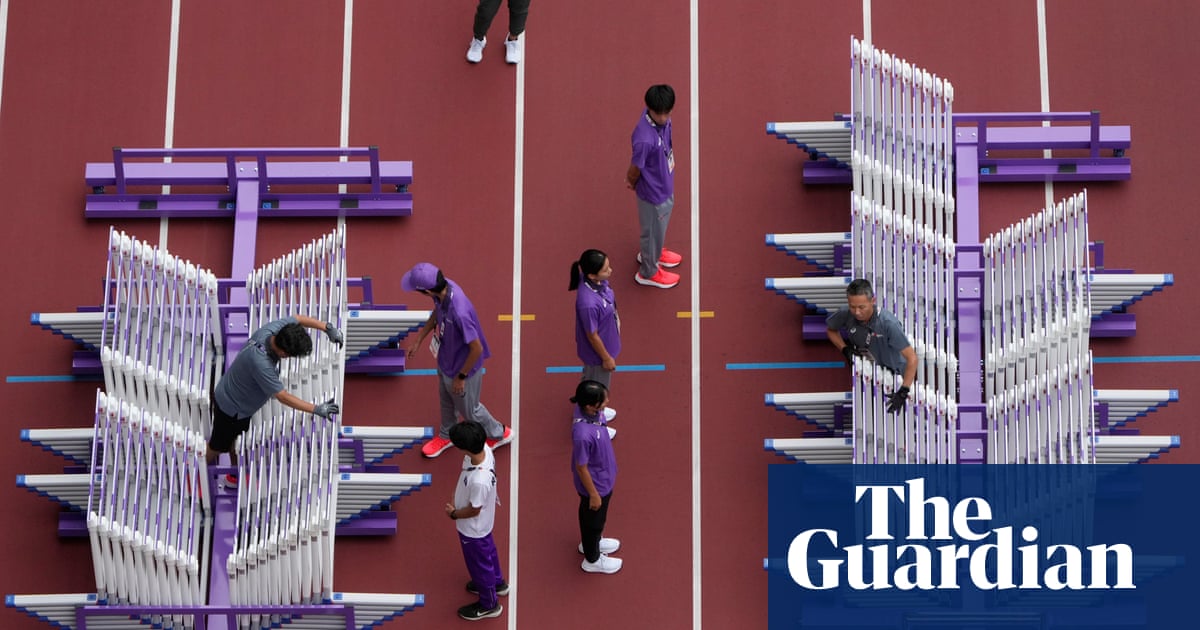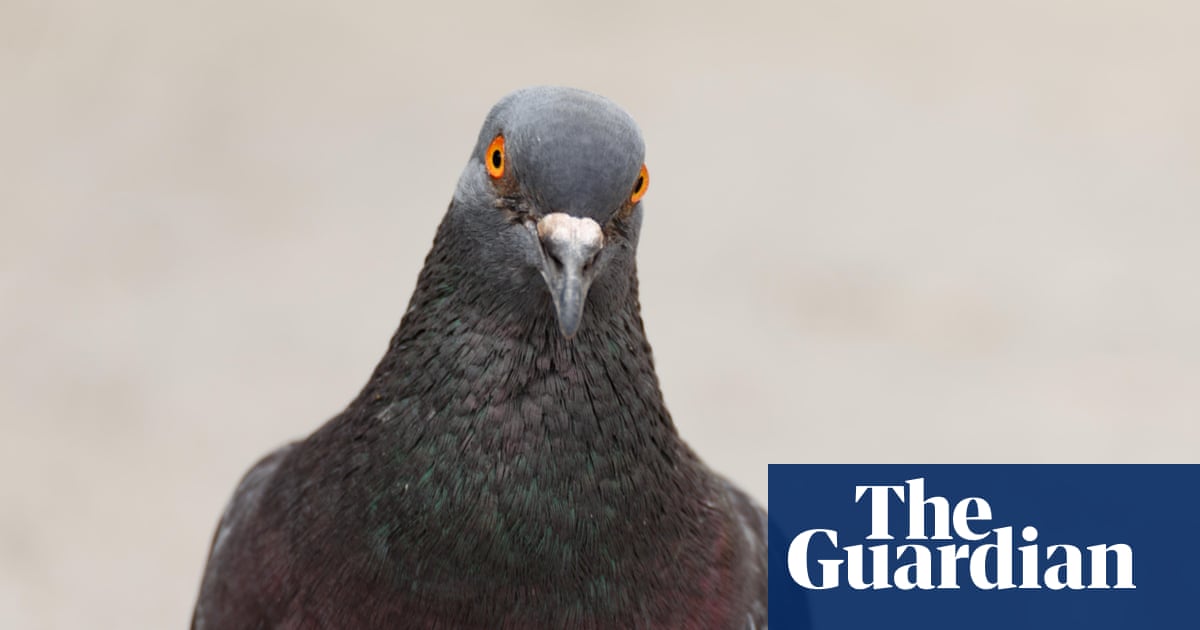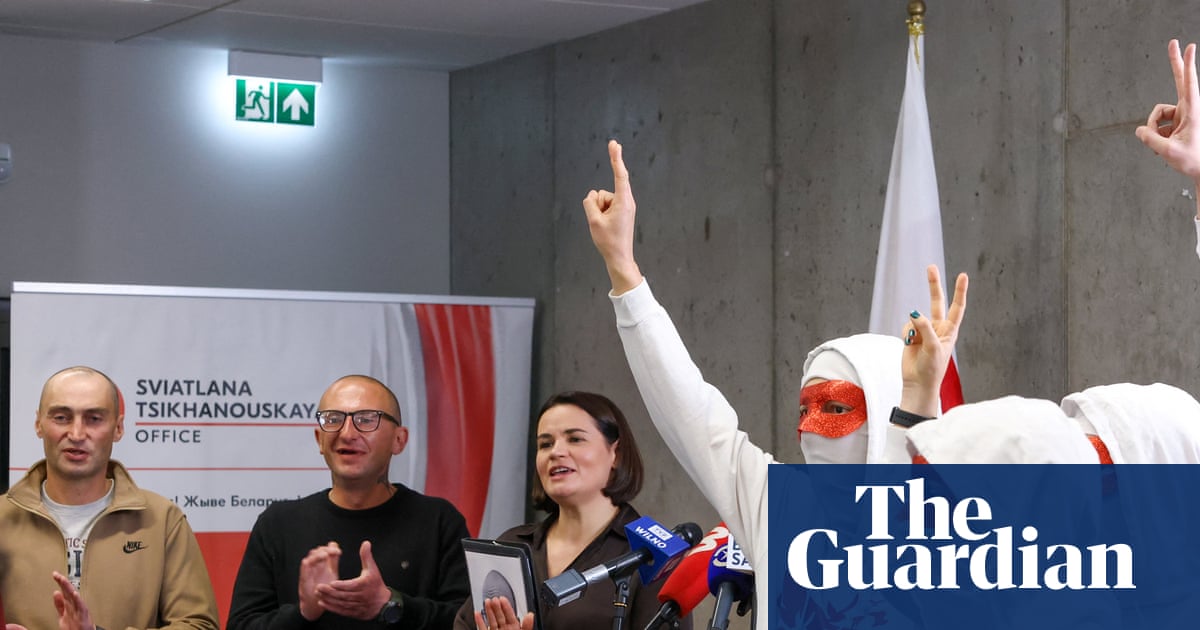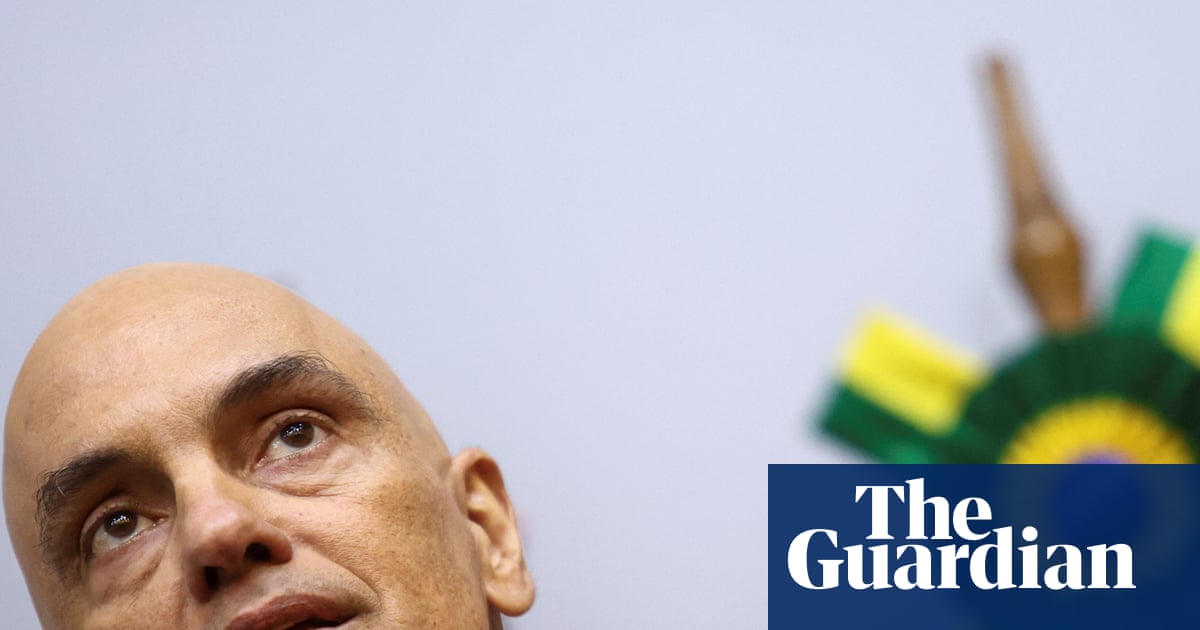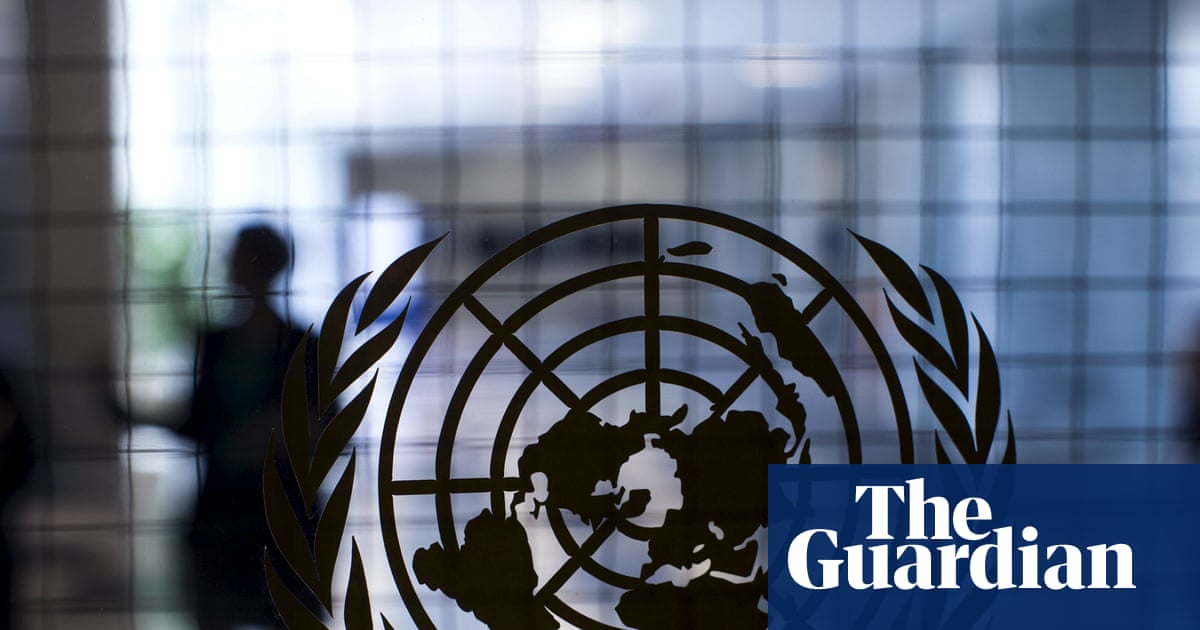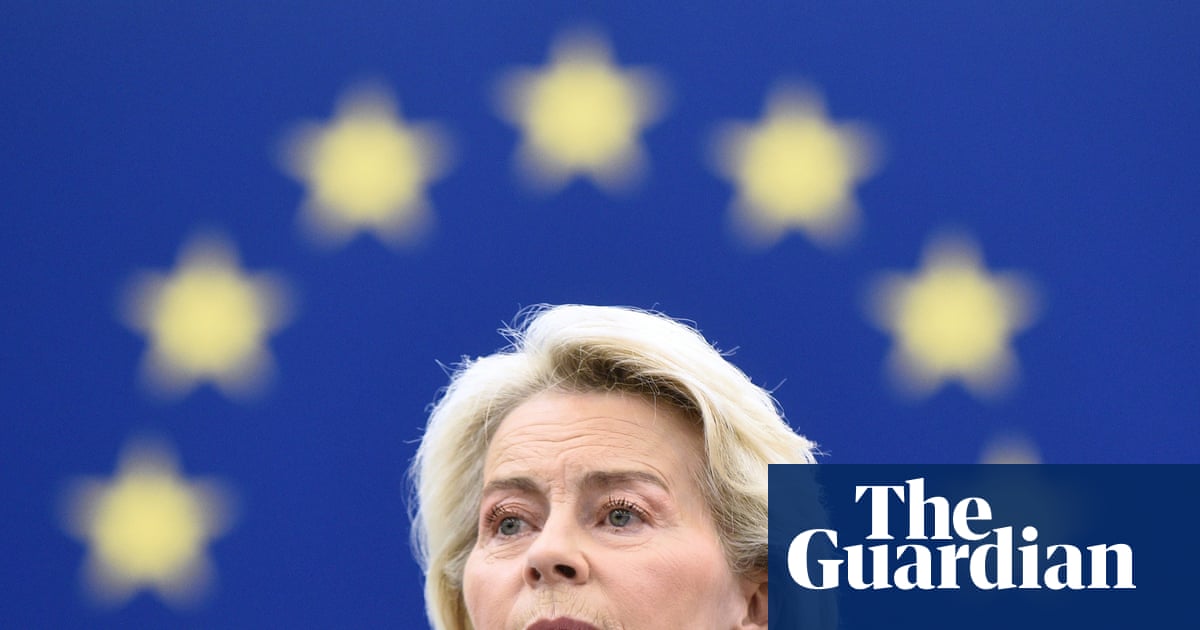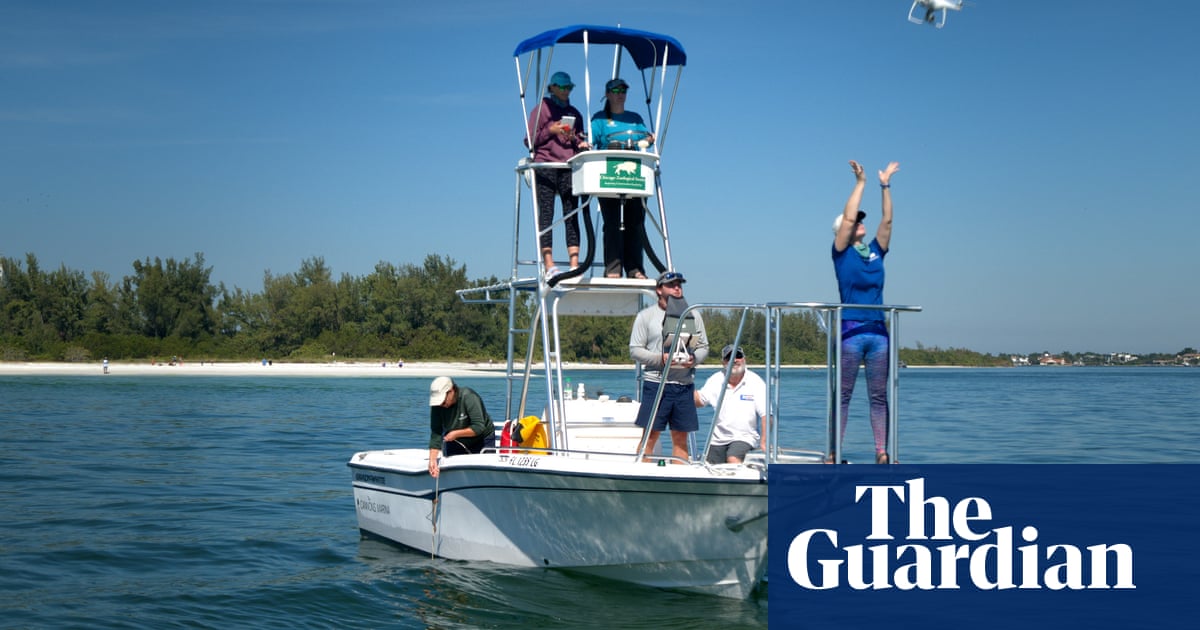UK's Starmer to meet Nato's Rutte on Monday to talk defence spending
On that UK spending commitment (12:19)…
The UK prime minister Keir Starmer’s spokesperson has just said that Starmer will meet with Nato secretary general Mark Rutte on Monday “to discuss how members can increase defence spending,” Reuters reported.
Key events Show key events only Please turn on JavaScript to use this feature
Hegseth’s briefing ends with a short question on whether the fact that he skipped meetings on Ukraine should be seen as “a message that the US no longer supports Ukraine.”
He rejects that and says that US permanent Nato representive Matthew Whitaker was present instead and made a contribution.
“From the beginning of this administration, we worked with our British and German counterparts for them to take the lead of that contact group, which they’ve done, And I appreciate that.”
And that’s it.
'Only responsible' for US to assess its force posture, Hegseth says
Asked about US troops in Europe, Hegseth gives a vague response about the need to keep it under review in real time to respond to threats.
He says:
Well, it would only be responsible for the United States to continually assess our force posture, which is precisely, precisely what we’ve done.
We have an interim defence strategy that clearly specifies we’re going to defend our southern border and close it, unlike the previous administration that let 21 million people invade our country, and we’re going to get 100% operational control of that. We’re going to make sure we shift properly to the Indo Pacific and reestablish deterrence there, and then we’re going to increase burden sharing across the world.
America can’t be everywhere all the time, nor should we be.
And so there are reasons why we have troops in certain places, and we respect and understand that it was also prudent that we review that force posture in real time alongside our allies and partners to make sure it’s right size.
So I don’t want to get ahead of the President’s decision on that, but we’re reviewing everything, and I think our allies, commitment and willingness to spend more means a lot.
He adds:
But this alliance, we believe, in a matter of weeks, will be committing to 5% - 3.5% in hard military and 1.5% in infrastructure and defence related activities.
That combination constitutes a real commitment.
Nato was 'sleepwalking to irrelevance' but Trump re-energised it with demands to spend more, Hegseth says
He’s back!
Hegseth rejects suggestion the US could withdraw from Nato if European allies don’t step up, but pointedly praises Trump for reinvigorating the alliance by his demands that they step up.
He says:
It was an alliance that was sleepwalking to irrelevance, and President Trump, in his first term, said, you need to step up and spend more. And he has in this term done the same.
And what I saw in there were countries prepared to step up to push the limits of what they can do. That’s a good thing. That’s friends, helping friends.
UK 'will get there' on defence spending, Hegseth hopes
Asked specifically about the UK’s commitment, which appears to be below the 5% target, Hegseth says:
They’re going to get there. … But we think everybody’s going to get there. We really do. …
Well, I think it’s important they do. It’s important that the UK gets there.
And then he’s off for a family photo, but should be back to take more questions soon.
Hegseth continues:
We don’t need more flags, we need more fighting formations. We don’t need more conferences. We need more capabilities, hard power.
He goes on to say that with Trump “committed to spending a trillion dollars in our own defence budget,” it’s time for “our allies here in Europe and in Canada to step up even more, to step up and take the lead, to recognise the defence of the continent as a core mission.”
“Now it’s time for Europe to step up.”
Hegseth hails 'historic' discussion and 'near consensus' on 5% targets at Nato meeting
US defence secretary Pete Hegseth is clearly pleased with the outcome of this morning’s talks as he hails “the historic nature” of the discussions on capability, spending targets, saying there is “near consensus” on a 5% defence spending commitment for Nato member states.
He says:
I think it is, it is worth taking a moment to note the historic nature of what just occurred in there, which is not an end state, there’s still more to go.
But considering 2% was the goal that President Trump set out in his first term, President Trump said other countries need to carry the burden, pay the fair share, and a lot of people thought that was impossible, it couldn’t happen, and here we are: countries in there are well exceeding 2% and we think very close, almost near consensus, on a 5% commitment for Nato.
There are a few countries that are not quite there yet. I won’t name any names. It’s amongst friends in that room. We’ll get them there.
But from France to Germany to the Baltics to the Nordic countries to Poland to Greece to Hungary, to so many more, the commitment is there 5% on defence spending.
When you consider the threats that we face, the urgency in the world, it’s critical.
US defence secretary Pete Hegseth is now briefing the media after this morning’s Nato defence meeting.
You can watch it below, and I will bring you all the key updates here.
Pope urged Putin to make moves towards peace in Ukraine, Vatican says
Angela Giuffrida
Pope Leo urged the Russian president Vladimir Putin to make moves towards ending the war in Ukraine during a phone call on Wednesday, the Vatican said.
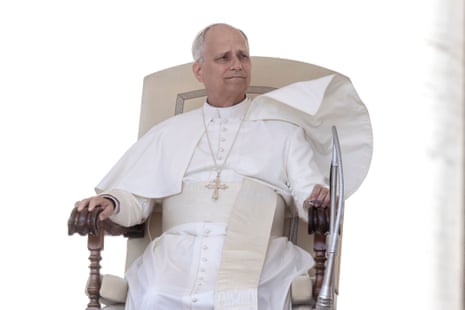
“The pope made an appeal for Russia to make a gesture that favours peace, emphasising the importance of dialogue for achieving positive contacts between the parties and seeking solutions to the conflict,” the Vatican said.
The statement added that the discussion focused on “the humanitarian situation, the need to facilitate aid where necessary, ongoing efforts for the exchange of prisoners, and the value of the work carried out in this regard by Cardinal (Matteo) Zuppi.”
Zuppi is the Vatican’s peace envoy for Ukraine.
The phone call was the first between the pair since Leo was elected pontiff last month. It came a few days after Pietro Parolin, the Vatican’s secretary of state, reiterated the Holy See’s availability to host peace talks.
The Kremlin said that Putin thanked the pope for offering to help settle the conflict, while telling him that Ukraine was intent on “escalating” the war.
Italy’s prime minister Giorgia Meloni has also tried to orchestrate Ukraine-Russia peace talks at the Vatican, although Russian officials have previously said it would not be a suitable location due to the two countries being largely Orthodox Christian.
Germany on tenterhooks for Merz’s first official meeting with Trump
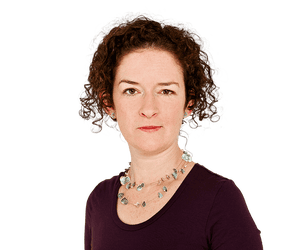
Kate Connolly
The main event of the day – in late afternoon – will be German chancellor Friedrich Merz’s meeting with US president Donald Trump at the White House.
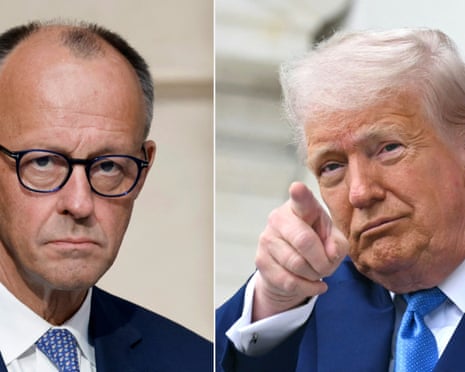
Our Berlin correspondent Kate Connolly says the event is putting political Berlin on tenterhooks like no other transatlantic encounter in living memory.
Discussions between the German chancellor and the US president will focus on Ukraine, the Middle East and trade policies.
How well or badly the talks go – during a small group meeting, followed by a lunch and then, perhaps most nailbitingly, a press conference in the Oval Office – may shape relations for decades to come, analysts say.
Having reportedly spoken by phone four times since Merz’s election win in February, swapped numbers and exchanged an undisclosed number of text messages, the two leaders are now on first-name terms – something that, culturally at least, doesn’t come easy to a German. German government advisers say it bodes well that they have dropped “Mr President” and “Chancellor” in favour of Donald and Friedrich.
But Merz knows the road to a normal friendship is thorny. The transatlantic relationship has been altered almost beyond recognition since Trump’s return to office, and the shock “sits very deep”, said Mariam Lau, a journalist and the author of a new in-depth portrayal of Merz.
Full analysis:

 3 months ago
41
3 months ago
41
